If Vladimir Putin "continues the bombing, lays siege to Kyiv and intensifies the scenes of war, we will take further sanctions, including massive sanctions". In three days, it will be two years since this sentence was uttered by French President Emmanuel Macron at Versailles. On September 14, 2022, European Commission President Ursula von der Leyen stated that "Russia's financial sector is on life-support.[...] Russia's industry is in tatters" as a result of EU sanctions. So let's take a look at the stubborn facts.
We have adopted thirteen packages and eighteen thousand sanctions, but Russia's economy has not collapsed, but grew by 3.6 percent last year. Inflation is just over seven percent, while the federal budget deficit was 1.9 percent. The coronavirus pandemic at the time hit Russia's economy harder than the series of sanctions. And remember that the stubborn facts "by the way" include that the war is not over!
The sanctions have failed, while more than two million people have been killed or injured in the last two years. The UN estimates the number of civilian casualties to be close to twenty thousand, but the reality may be even more dismal. The number of refugees is put at ten million, and millions of them may never return to Ukraine.
The sanctions have failed, although countries and institutions in the Western world order have so far pledged over 250 billion euros to help Ukraine. The United States has provided over 40 billion euros in military aid, and Germany also kicked in nearly 18 billion euros. If we look at the financial aid alone, Ukraine has received more than 100 billion euros from EU institutions and the United States.
The sanctions have failed, but losses to Ukraine's economy could reach 120 billion dollars by 2026, while the drop in capital stock could be near one thousand billion dollars. And part of the country has been destroyed.
The sanctions have failed, while energy prices have been sky-high for the past two years. A mild winter also helped to guarantee the security of supply in the European Union. Meanwhile, the United States has gained more influence over the continent in terms of energy than Russia ever did. In recent times, it has not been uncommon for Europe to have accessed US natural gas for a price that was several times - in some cases six times - higher than the price paid by the Americans for the same gas. The Nord Stream has exploded, while the vessels of the 'shadow fleet' come and go carrying Russian oil, which reaches Europe by detour and at a higher price.
The sanctions have failed, while the formation of blocs began in the global economy. The West is at loggerheads with the East, and everyone is slowly wrangling with everyone else, while Europe's leading politicians would widen the Russia-Ukraine bloodshed into a world war.
The sanctions policy has run into a dead end, and the only question remaining is "who is to pay the price". Germany no longer has any room for manoeuvre in its budget, and wants the price of bad decisions paid by others, by Central Europe this time. The fight is about getting member states in the region to discontinue purchases from Russia. In other words, we should give up cheaper gas and buy more expensive gas through the Germans for the sake of Germans. The lesson comes at a very high price, although there were those who warned in time. How did Viktor Orban put it? "Hungarians not are, but will be right!"
Cover photo: Illustration (Photo: Shutterstock)
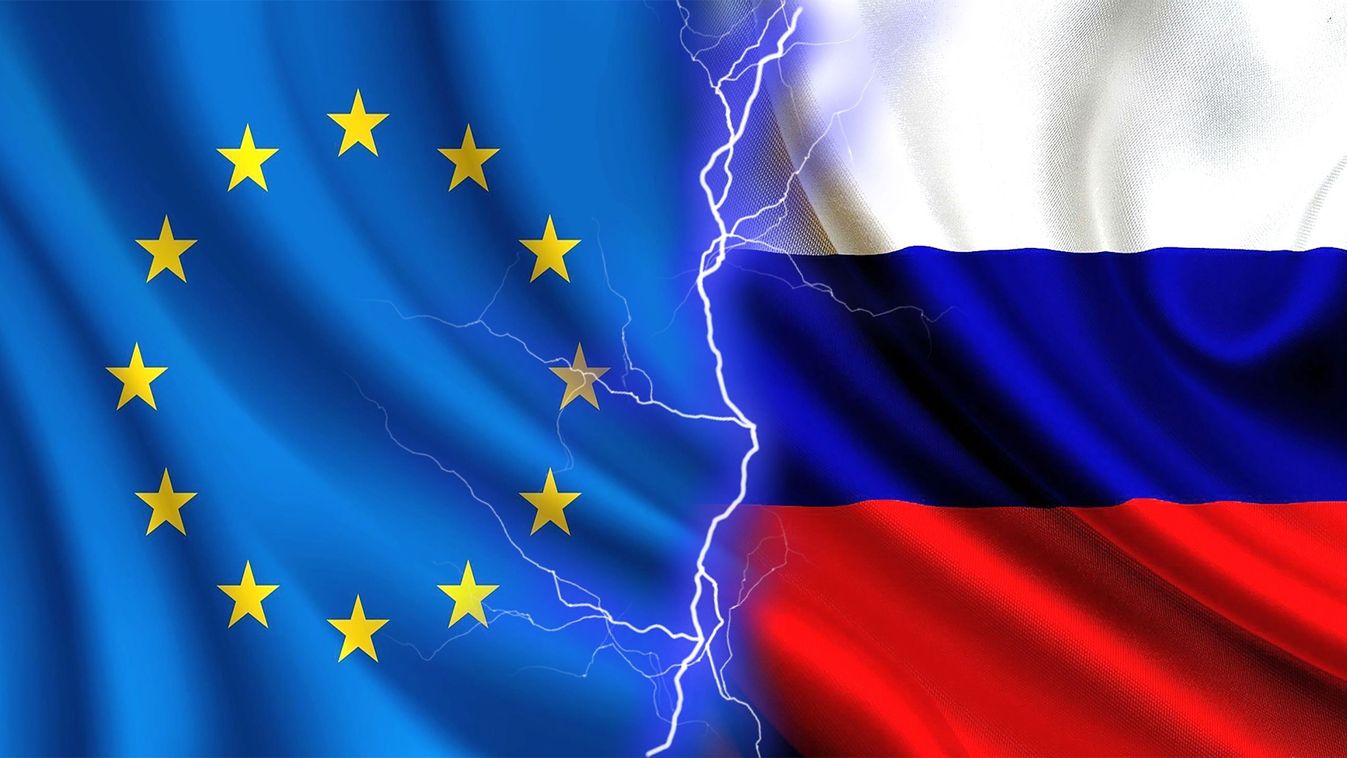
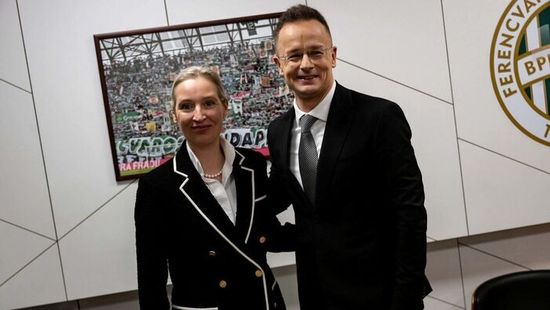
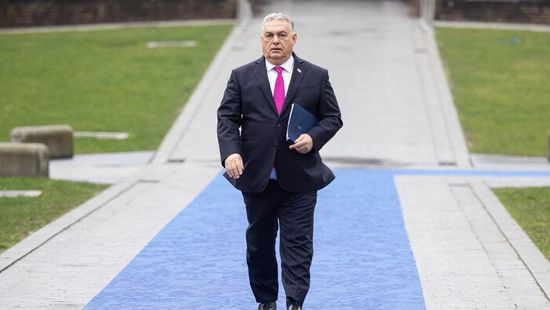
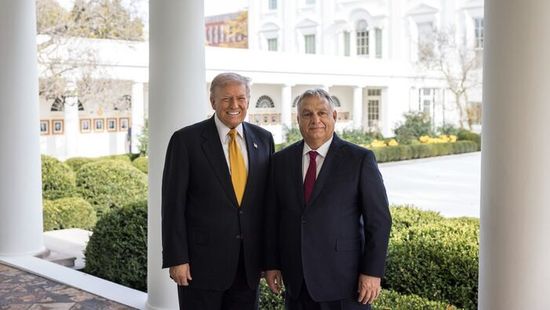





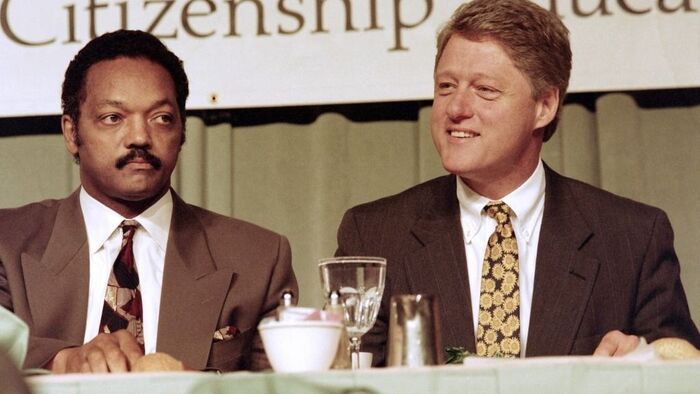


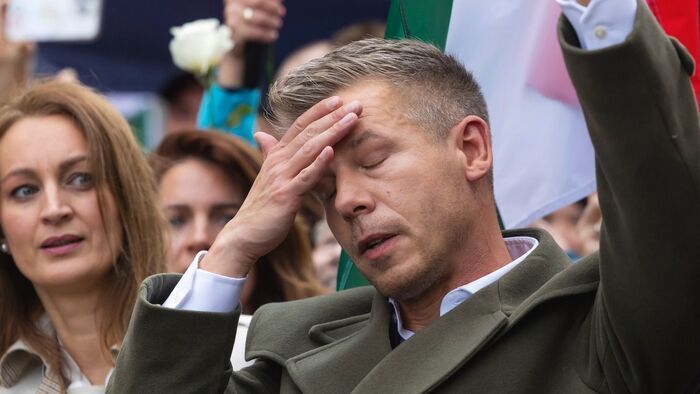

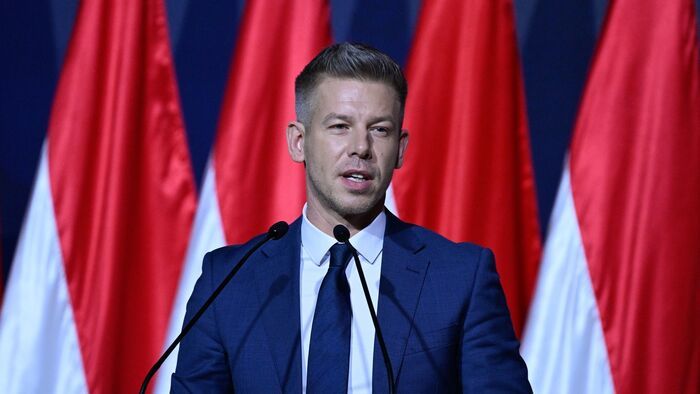
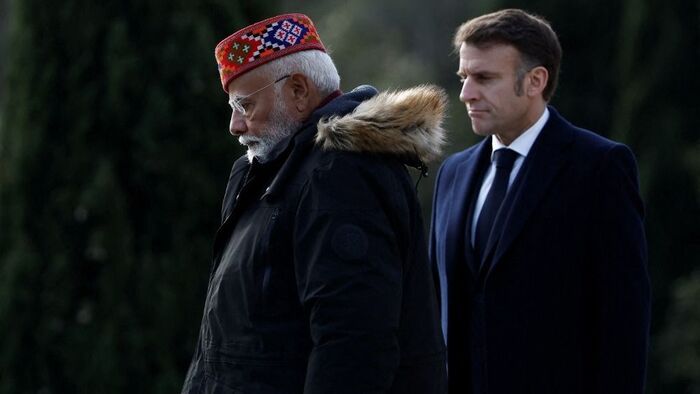
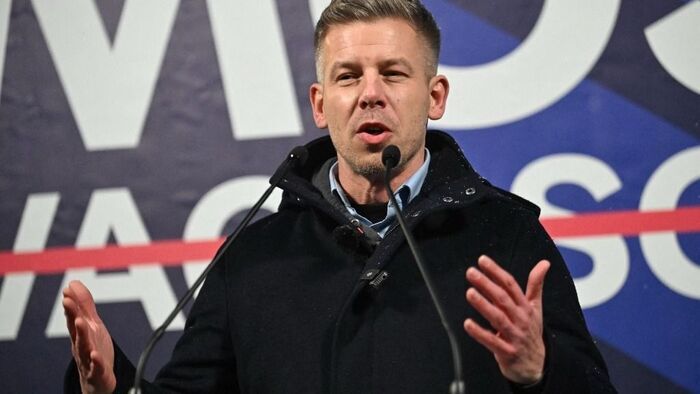
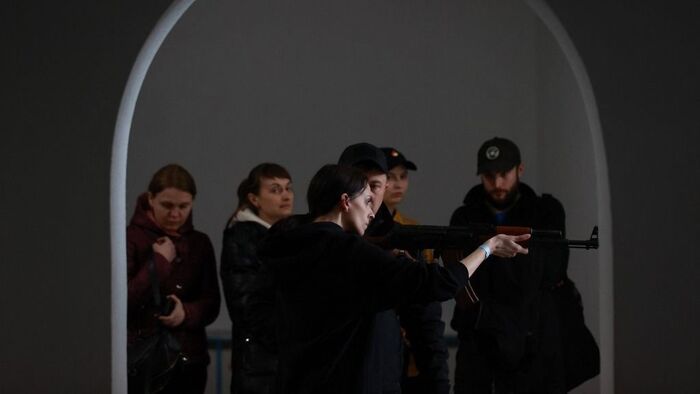





Szóljon hozzá!
Jelenleg csak a hozzászólások egy kis részét látja. Hozzászóláshoz és a további kommentek megtekintéséhez lépjen be, vagy regisztráljon!